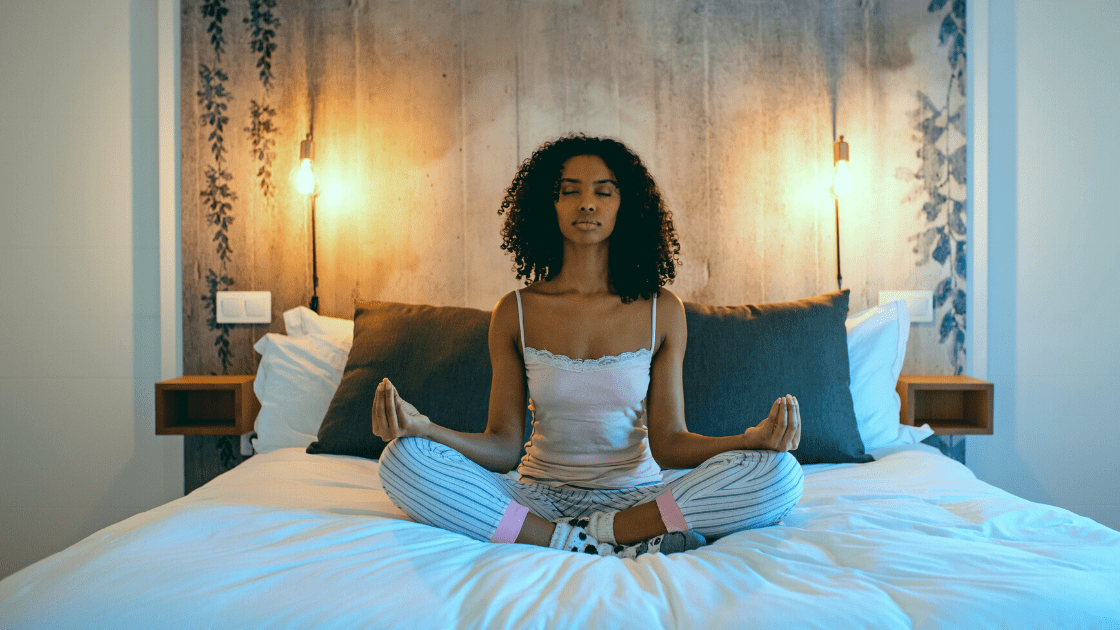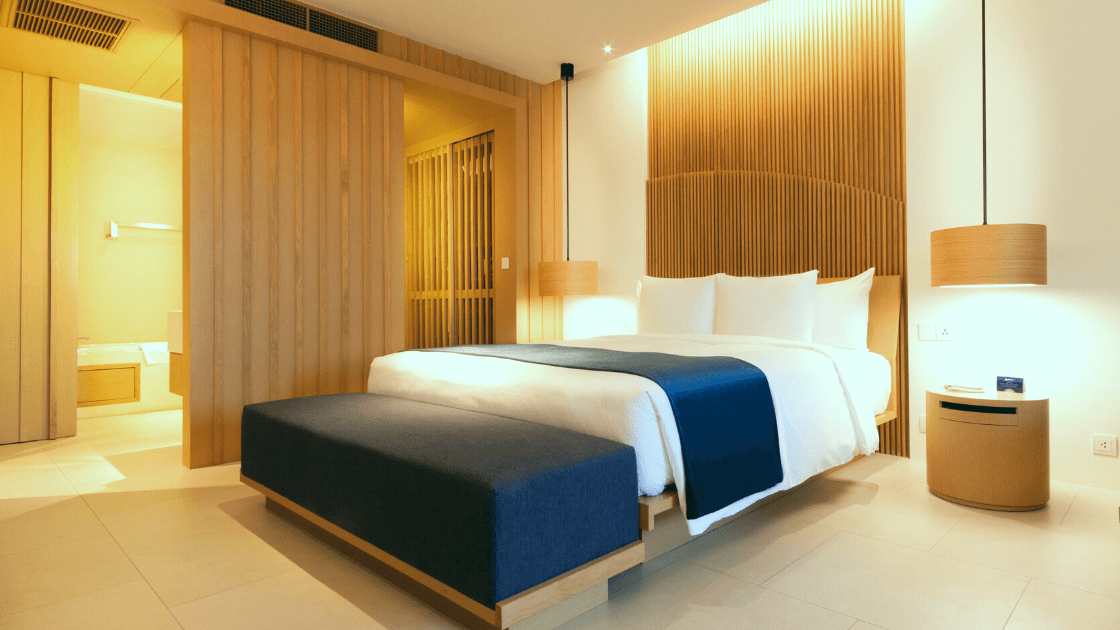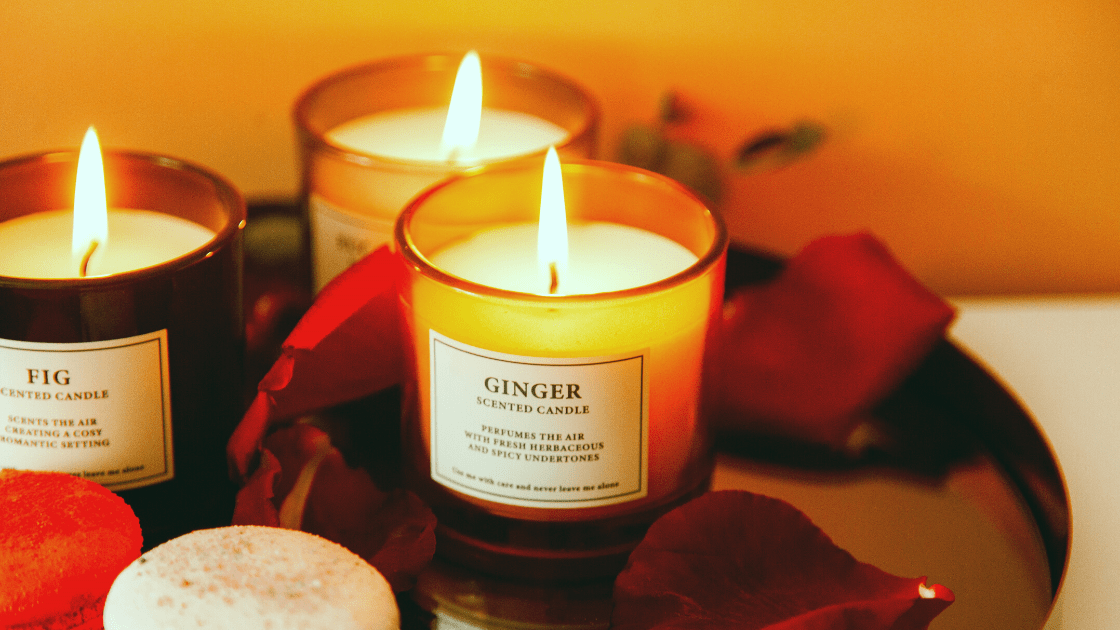In our fast-paced, modern lives, achieving a good night’s sleep can often seem like a luxury. However, quality sleep is essential for overall well-being, affecting both physical and mental health. If you find yourself tossing and turning at night, struggling to get the rest your body and mind need, it may be time to reevaluate your sleep habits. In this article, we’ll explore ten practical tips to help you achieve a more restful and rejuvenating night’s sleep.
1. Establish a Consistent Sleep Schedule:
Establishing a consistent sleep schedule is a fundamental pillar for achieving better sleep. Aim to go to bed and wake up at the same time every day, even on weekends. This regularity reinforces your body’s natural circadian rhythm, making it easier to fall asleep and wake up feeling refreshed. Consistency is key; by sticking to a schedule, you help regulate your body’s internal clock, optimizing the quality of your sleep.
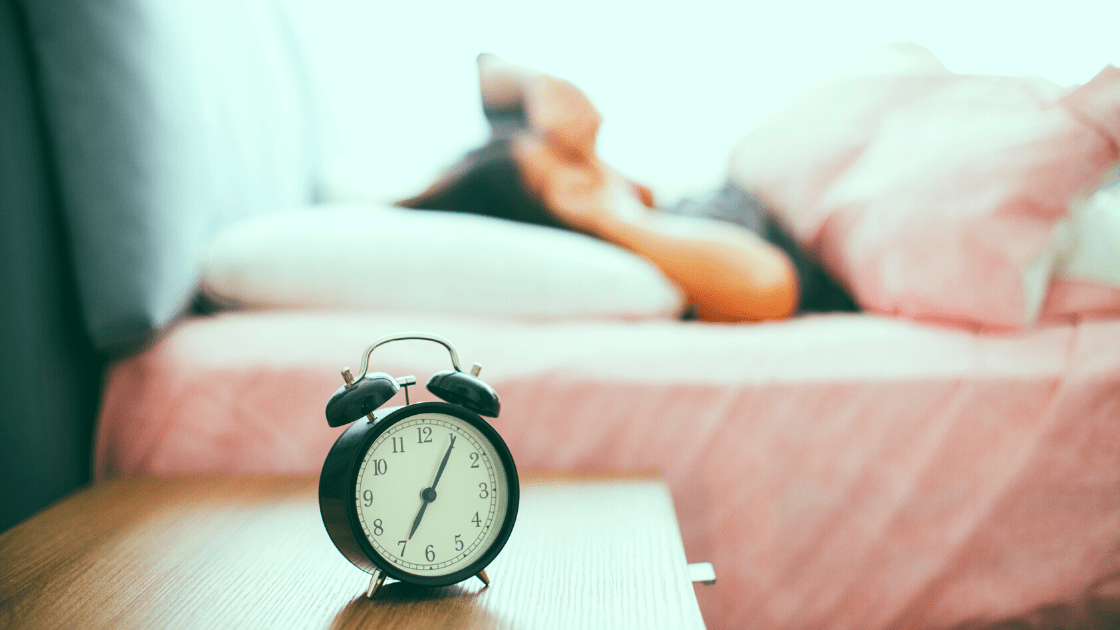
If you’re struggling to get into a routine, consider setting a bedtime alarm to remind you when it’s time to start winding down. Over time, a consistent sleep schedule can lead to improved sleep patterns and overall better sleep quality.
2. Create a Relaxing Bedtime Routine:
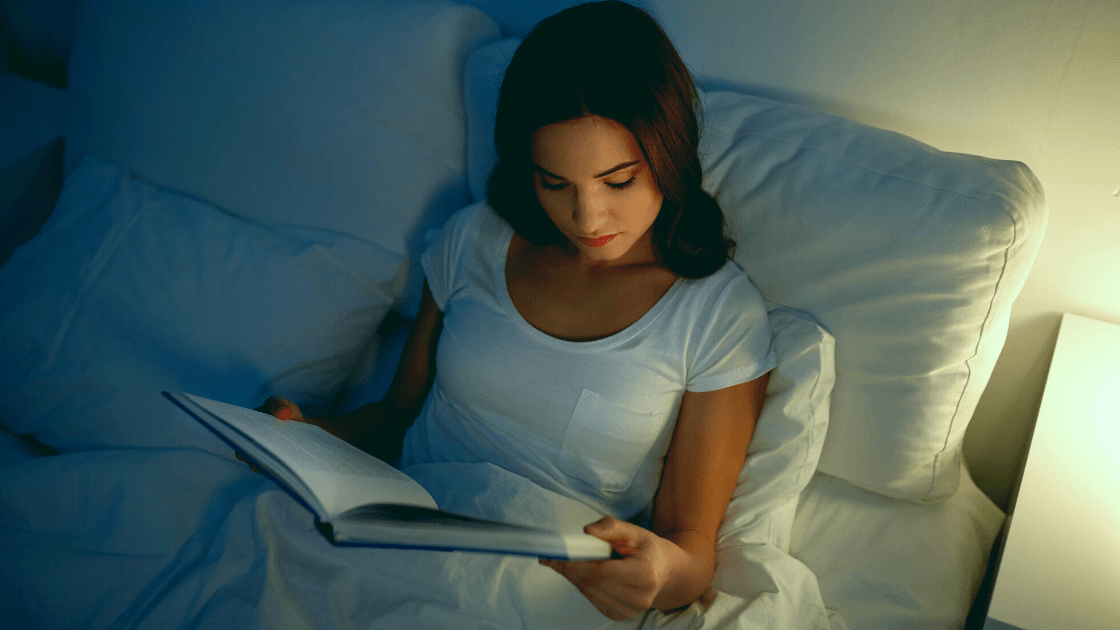
Engage in calming activities before bedtime to signal to your body that it’s time to wind down. This could include reading a book, taking a warm bath, or practicing relaxation techniques such as deep breathing or meditation. Avoid stimulating activities like checking emails or watching intense TV shows, as these can interfere with your ability to relax.
3. Evaluate Your Sleep Environment:
Make your bedroom a comfortable and inviting space for sleep. Keep the room cool, dark, and quiet, and invest in a comfortable mattress and pillows. Consider blackout curtains to block out external light and use earplugs or a white noise machine if noise is a concern.
4. Limit Screen Time Before Bed:
The blue light emitted by phones, tablets, and computers can interfere with the production of the sleep-inducing hormone melatonin. Aim to power down electronic devices at least an hour before bedtime to allow your brain to transition into sleep mode.
5. Watch Your Diet:
What you eat and drink can significantly impact your sleep. Avoid large meals, caffeine, and nicotine close to bedtime. While alcohol might initially make you feel drowsy, it can disrupt your sleep cycle later in the night. Instead, opt for a light snack if you’re hungry before bedtime.
6. Get Regular Exercise:
Regular physical activity can contribute to better sleep but try to finish your workout at least a few hours before bedtime. Exercise helps regulate your sleep patterns and promotes relaxation, making it easier to fall asleep and enjoy a more profound sleep.
7. Manage Stress:
Stress and anxiety can be major obstacles to a good night’s sleep. Practice stress-reducing techniques such as yoga, meditation, or progressive muscle relaxation to calm your mind before bedtime. Consider keeping a journal to jot down any lingering thoughts or concerns that may be keeping you awake.
8. Be Mindful of Naps:
While a short nap can be rejuvenating, long or irregular napping during the day can interfere with your nighttime sleep. If you need to nap, aim for a brief nap of 20-30 minutes early in the day to avoid disrupting your sleep-wake cycle.
9. Watch Your Liquid Intake:

While staying hydrated is essential, try to limit your liquid intake in the evening to reduce the likelihood of waking up in the middle of the night to use the bathroom. This can help you maintain uninterrupted sleep.
If despite your best efforts, you continue to struggle with sleep, it may be time to consult a healthcare professional. Sleep disorders, such as insomnia or sleep apnea, may require specialized treatment. A healthcare provider can help identify the root cause of your sleep difficulties and recommend appropriate interventions.
Incorporating these tips into your daily routine can go a long way in promoting better sleep and improving your overall quality of life. Remember that everyone’s sleep needs are different, so it may take some trial and error to find the strategies that work best for you. By prioritizing good sleep hygiene and making adjustments where needed, you can create a conducive environment for restful nights and wake up feeling energized and ready to face the day ahead.








